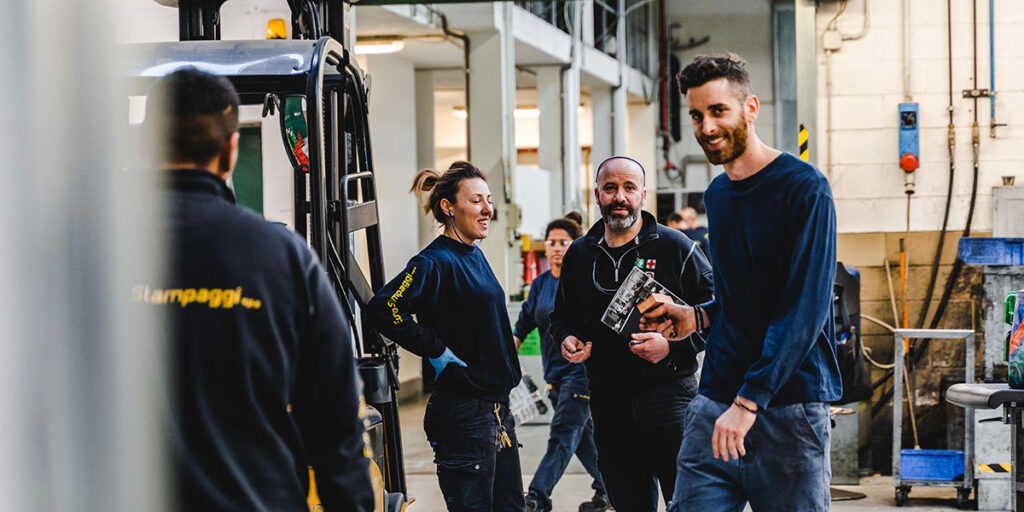Corporate Social Responsibility certification

“Private economic enterprise is free. It may not be carried out against the common good or in such a manner that could damage safety, liberty and human dignity” Article 41 of the Constitution of the Italian Republic.
In 1997 in New York, the SAI (Social Accountability International) published, for the first time, the SA 8000 standard, the first ethical standard for which entities could be awarded certification.
SA 8000 deals with the protection of workers. It draws on ethical principles and from the ILO (International Labour Organization) conventions, the Universal Declaration of Human Rights, the Declaration of the Rights of the Child, UN Conventions and the requirements relating to health and safety in the workplace. Its scope extends to a company’s entire supply chain.
The new standard immediately received great support and spread rapidly, finding, at the time, a context that was highly receptive to deal with such issues, thanks also to the enormous outcry produced as a result of some stunning investigations (that were publicized a few years earlier) into the scandalous working conditions found in some companies. The success of SA 8000 was also helped by the fact that the SAI relied on independent and accredited third-party organisations who operated with impartiality of judgement to verify the implementation of this standard in companies.
Applicable internationally and to any product sector, SA 8000 also requires entities to publicly highlight their social performance. At the bottom of the page is a link to download the latest Social Report approved following the Management Review.
Euro Stampaggi obtained SA 8000 certification in January 2015.
As required by the standard, Euro Stampaggi established a committee (the GTS-Social Safeguards Group), composed of both managerial-level representatives and general (elected) workers. The committee’s goal is to ensure and monitor the implementation of the standard’s principles.
This committee is available to listen to the needs of workers, it collaborates with the company to identify risks of non-conformity, it participates in investigating incidents, accidents and Near Misses and it monitors the company’s social performance as well as that of the company’s suppliers.
In order to allow every individual to be able to contact the GTS for any request for assistance, for clarification, but also to make a report, special blue boxes have been installed throughout the company where people – even anonymously – can post a note. The GTS will manage requests in the most appropriate way. Comprehensive information regarding all the ways in which a complaint can be reported to the GTS is given in the dedicated Reporting (whistleblowing) procedure, a link to which is given at the end of this article.
